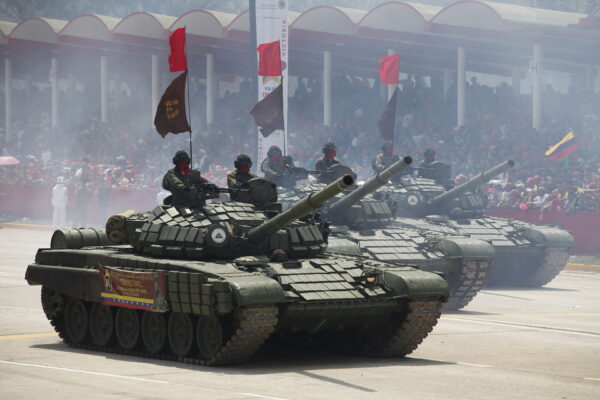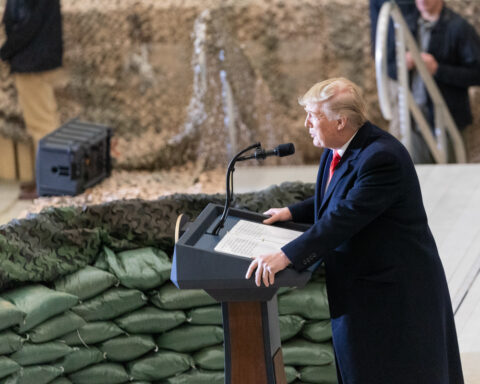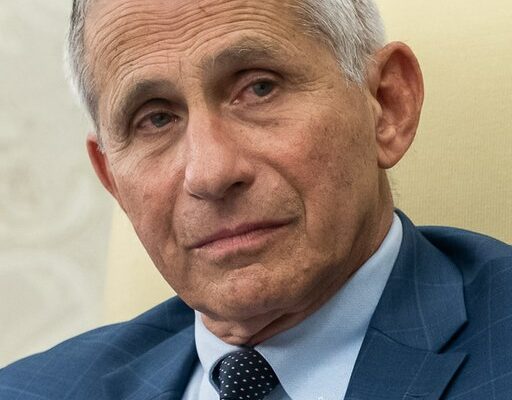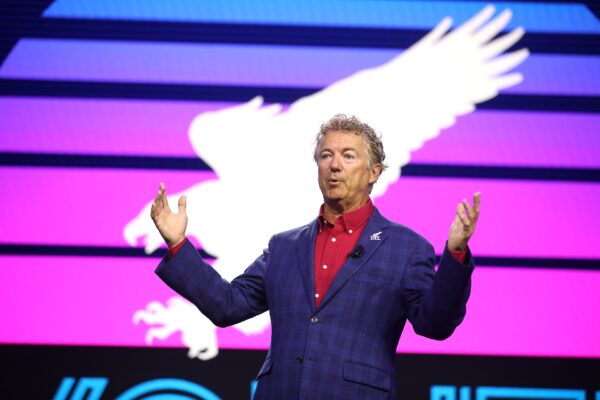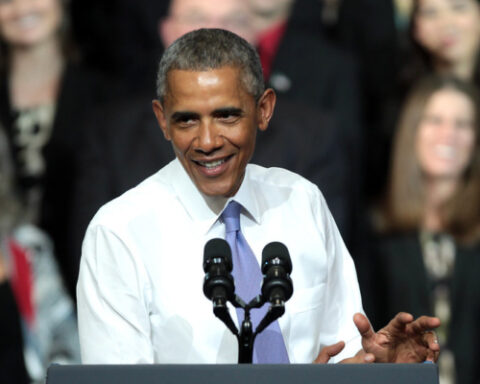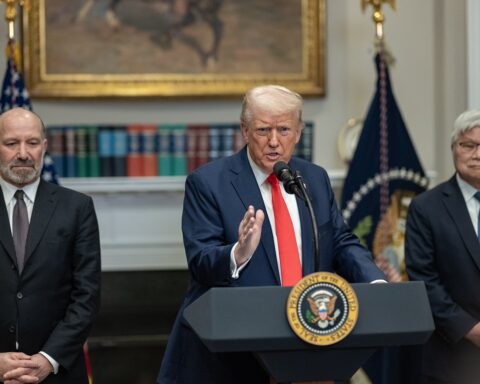In what is rapidly becoming a new security challenge for the Biden administration, Venezuela is now reportedly bolstering its threats to annex a portion of Guyana and secure access to some of the world’s largest oil discoveries in over a decade by deploying light tanks, missile-equipped patrol boats, and armored carriers to the border between the two countries.
The deployment, which was captured in satellite images and videos recently shared on social media by Venezuela’s military, represents a notable intensification in Caracas’s endeavors to gain leverage over the newly discovered energy reserves of its neighbor.
This occurs in spite of the fact that Venezuelan President Nicolás Maduro and Guyanese President Irfaan Ali reached a written agreement in December that condemned the use of force and called for a commission to address territorial disputes.
The Venezuelan government, which is backed by Russia and has an army of up to 150,000 active personnel, has increased its territorial claims over the Essequibo, a predominantly forested area comprising two-thirds of Guyana, since late last year.
Caracas’s deployment and progressively bellicose rhetoric have coincided with Guyana’s emergence as one of the most dynamic energy frontiers globally, propelled by the Exxon Mobil-led consortium’s offshore oil discoveries.
With only 3,000 service members in its defense force, the 800,000-person former British colony is compelled to collaborate more closely with the United States in order to strengthen its defensive capabilities.
Policymakers in the Biden administration are alarmed by Maduro’s deployments and a December referendum in which he claimed that millions of Venezuelans supported plans to seize the Essequibo.
The administration is already under pressure to formulate a response to Venezuela’s alliances with Russia, Iran, and China.
[READ MORE: Fauci Planning to Release Memoir]

